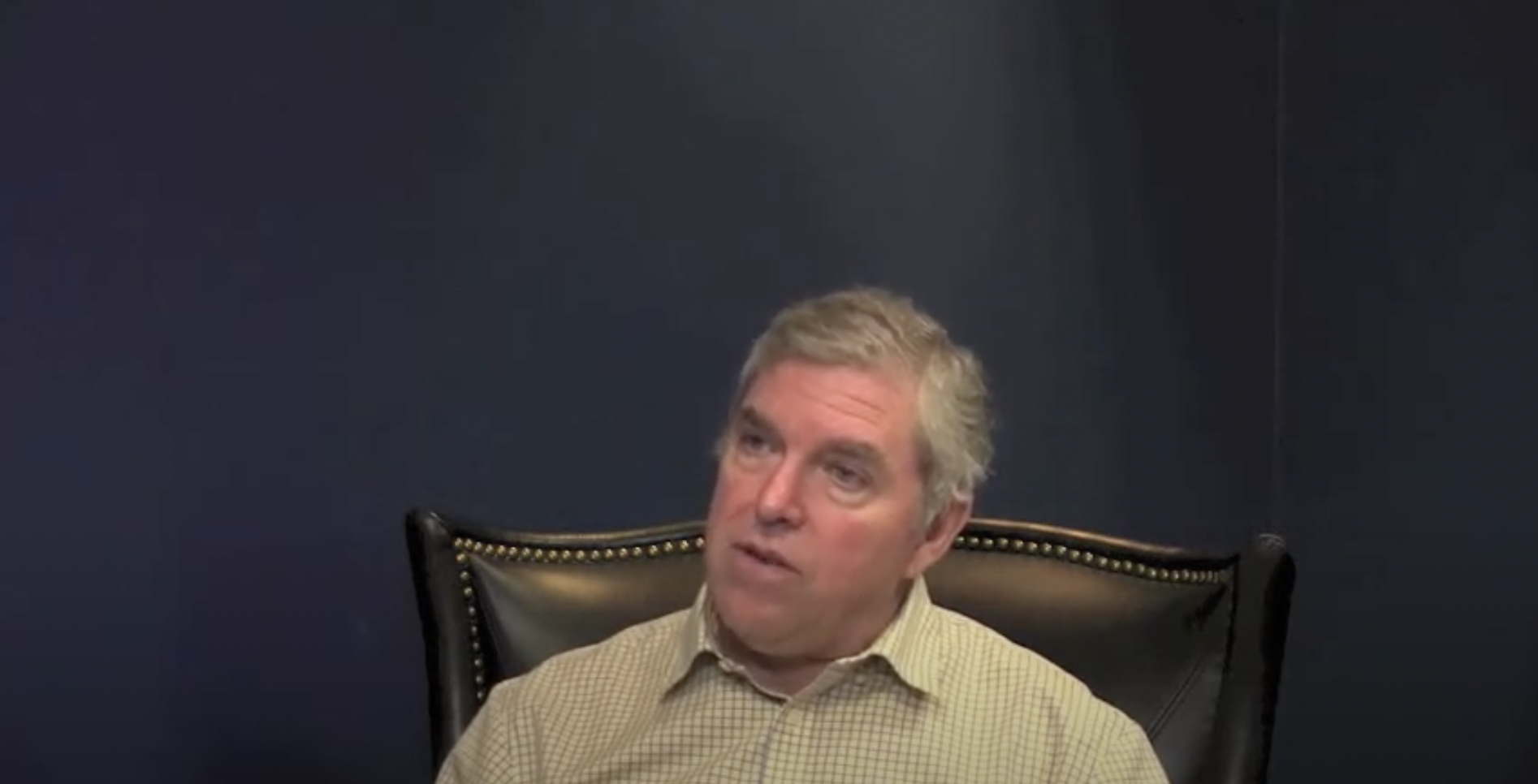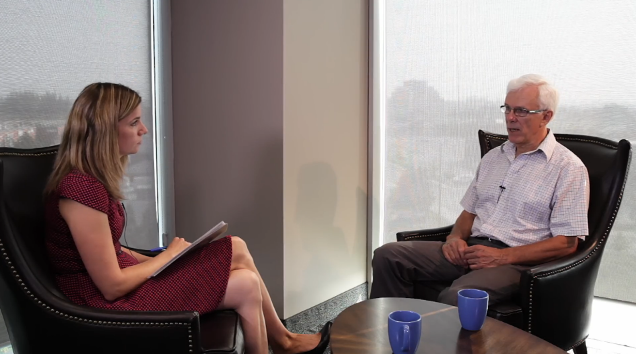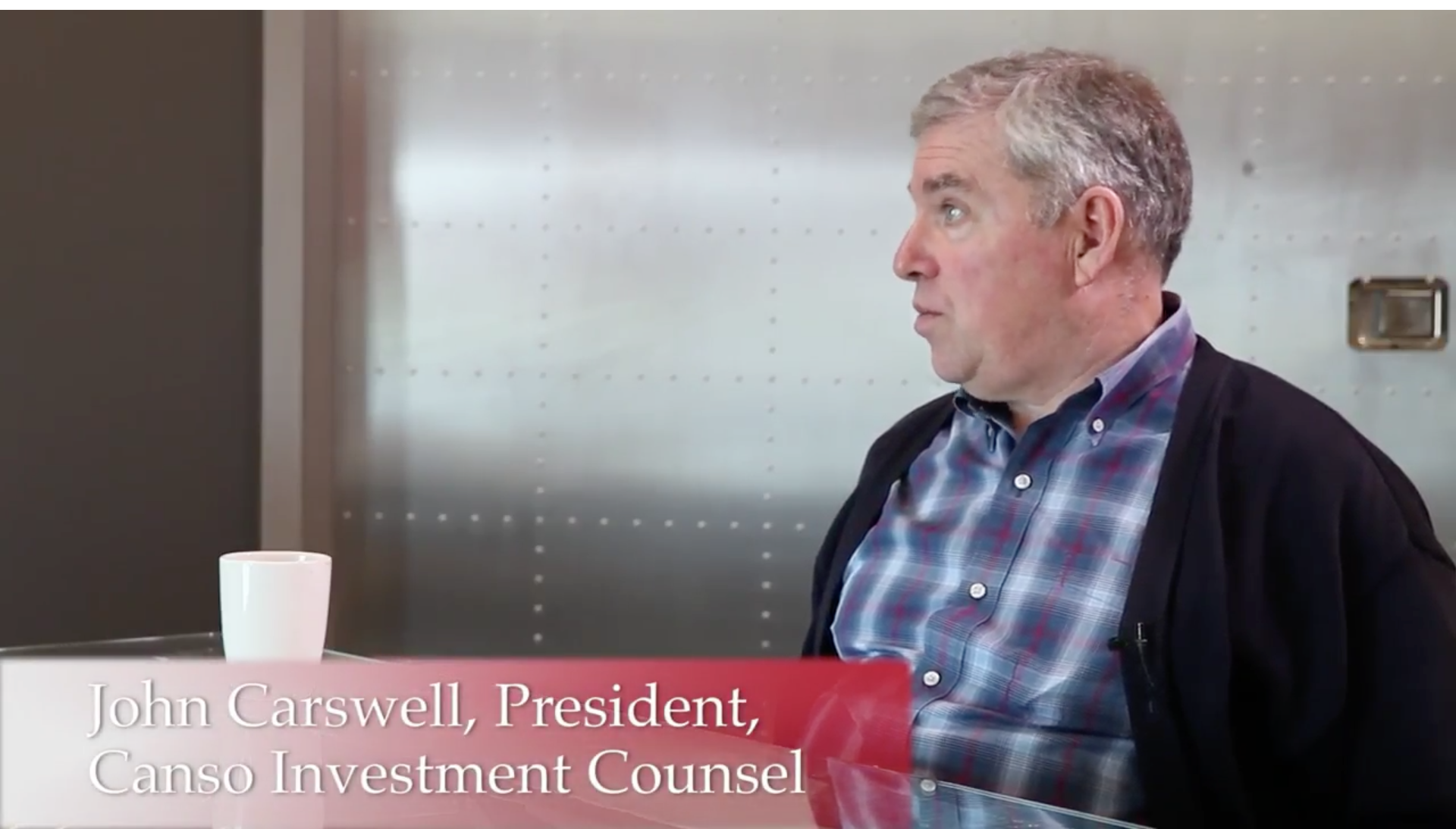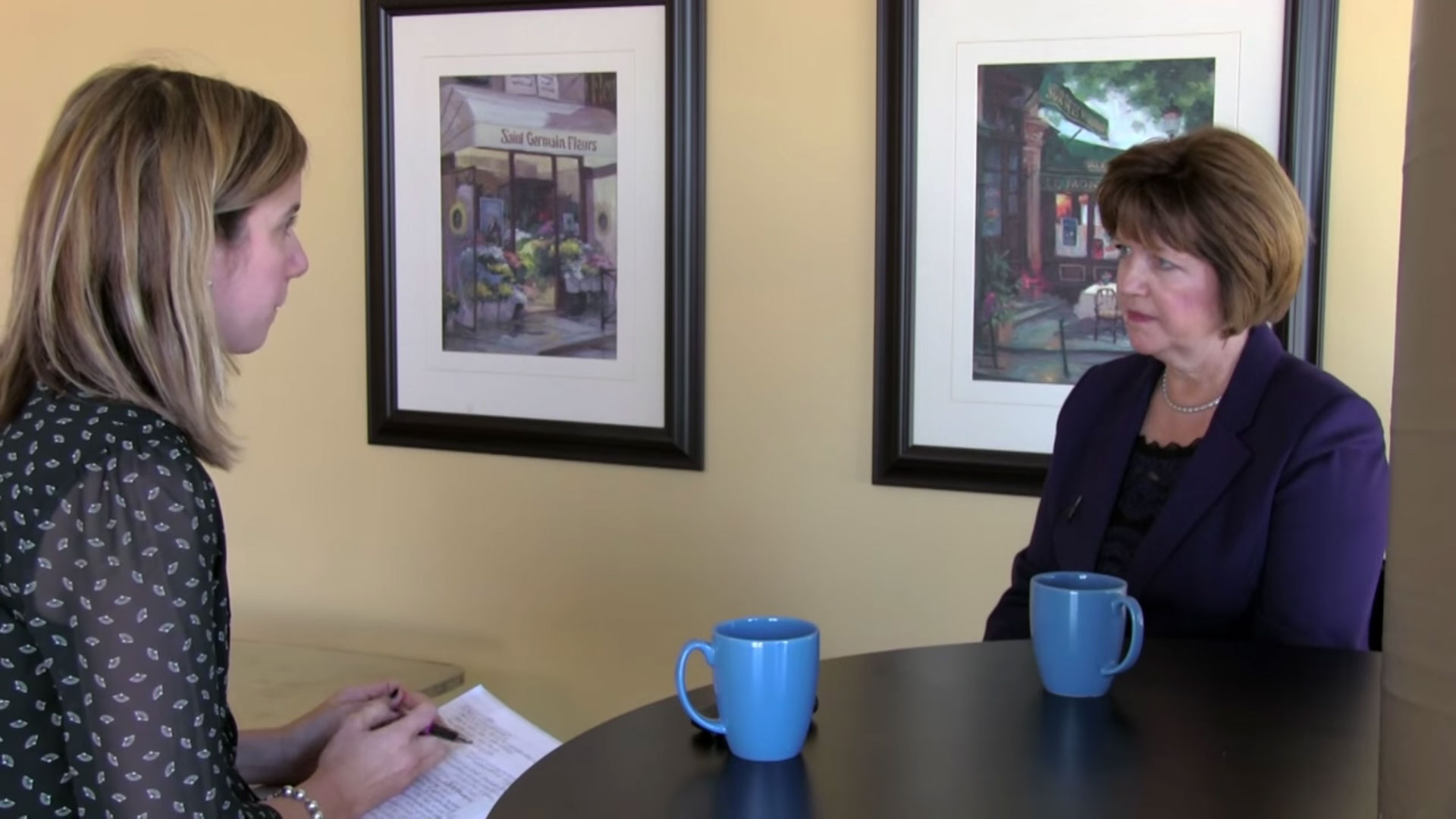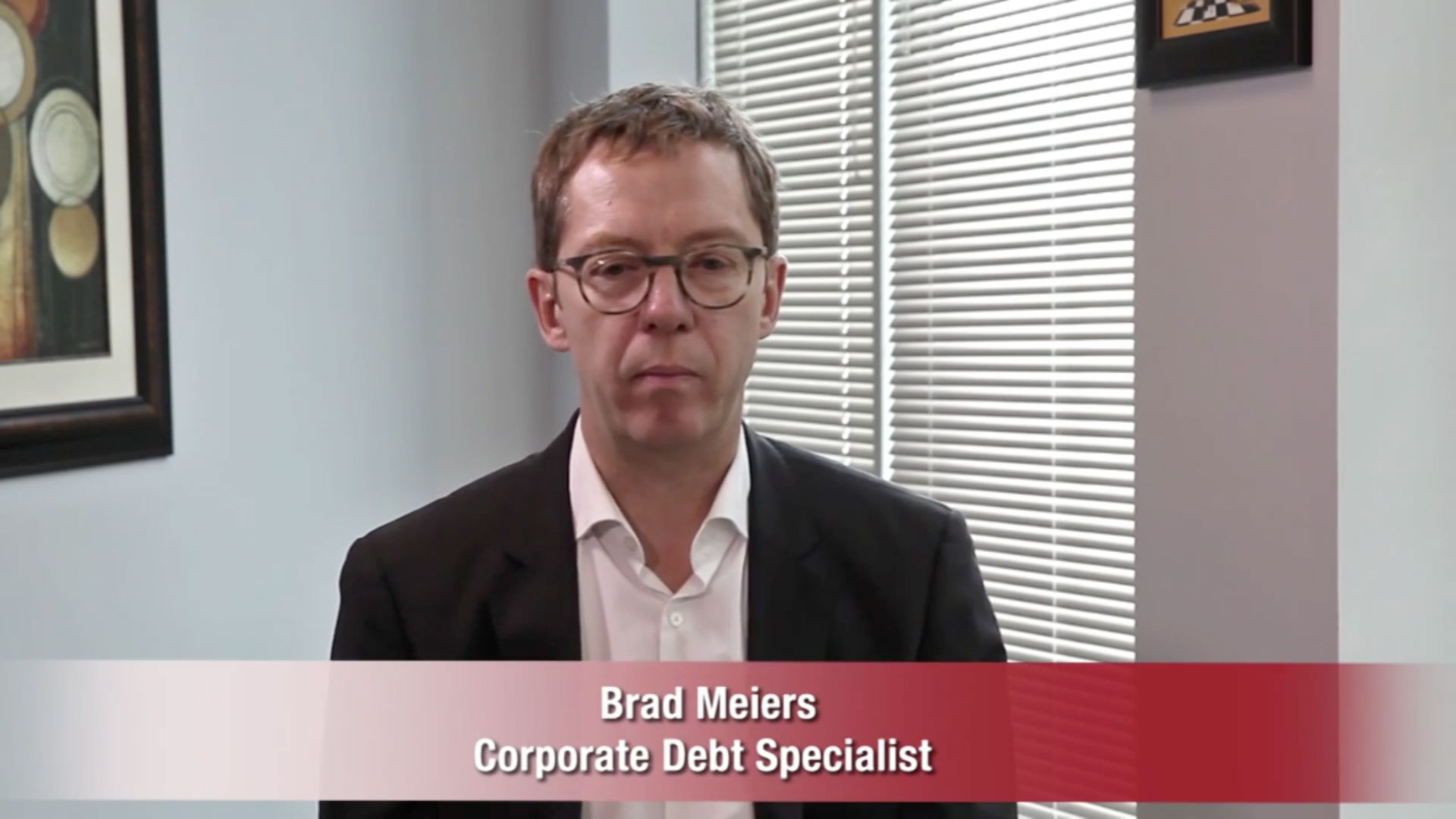As developing nations are seeking to become fully industrialized societies, many countries in Asia and other parts of the world have seen rapid economic growth. The emerging market debt that these nations accumulate as a result of their spending on infrastructure and development presents unique opportunities for investors. But John Carswell, President of Canso Investment Counsel, told ScotiaMcLeod investment advisor Mike McGann that a great deal of caution is needed.
Video Transcript
Mike: John speaking about foreign currencies, there has been a lot of marketing lately about emerging market debt, and how attractive it is with higher yields. What’s your opinion on that?
John: Well the problem with emerging market debt is that it involves smaller riskier countries and their own currency. So back in the 1990’s when China was first emerging in the global market place and Asia was doing well, people were making investments in these countries.
The trouble with human beings is that when something becomes popular, it becomes very popular. It’s almost like Tamagotchis. When my children were young they all had to have Tamagotchis. Well investors aren’t much different, and they all go ‘we all have to have some of that emerging market debt’.
So you had Taiwan, Thailand, Vietnam and the Asian Tigers. You could do no wrong and there were articles written about how if you bought their debt you would not ever have a problem. Then the first time interest rates started to rise they all imploded. So the emerging markets became very quickly what was known as the submerging markets.
Now Mike you’re asking me the tough questions so I think we’re going to have to prepare for battle here. So the question becomes if you buy the argument that you will do well in the emerging markets, you have to understand that when the liquidity tide recedes, and by that I mean the amount of money printed, where do people go?
If you have all that money out there, imagine an ocean full of money, and you start to have global monetary warming and the ocean starts to contract, and you have less money available. As you have the liquidity recede, the riskiest investments go down the most. People use leverage and revert to something safer.
The reserve currency of the world, the currency people use for transactions and savings is the United States dollar. You can complain that it’s unfair that the Americans have this advantage, but if push comes to shove the Americans are the most powerful military force on the planet, and they’re the dominant world economy. People will seek refuge in their currency.
The Downside of Emerging Markets: Emerging Market Debt
So what has happened every time you have a contraction of liquidity, and a tightening of monetary policy, is the emerging markets get hammered. Being as old as I am, you know that you’re told certain investments will do well when the global economy is doing better. But the thing to consider is what happens when the music stops? What happens when there is no seat to sit down on playing these monetary musical chairs?
If there is no place to sit down, well then you’re out of the game. So Thailand, to give you an example, was hammered in 1998 and really hasn’t recovered from that.

